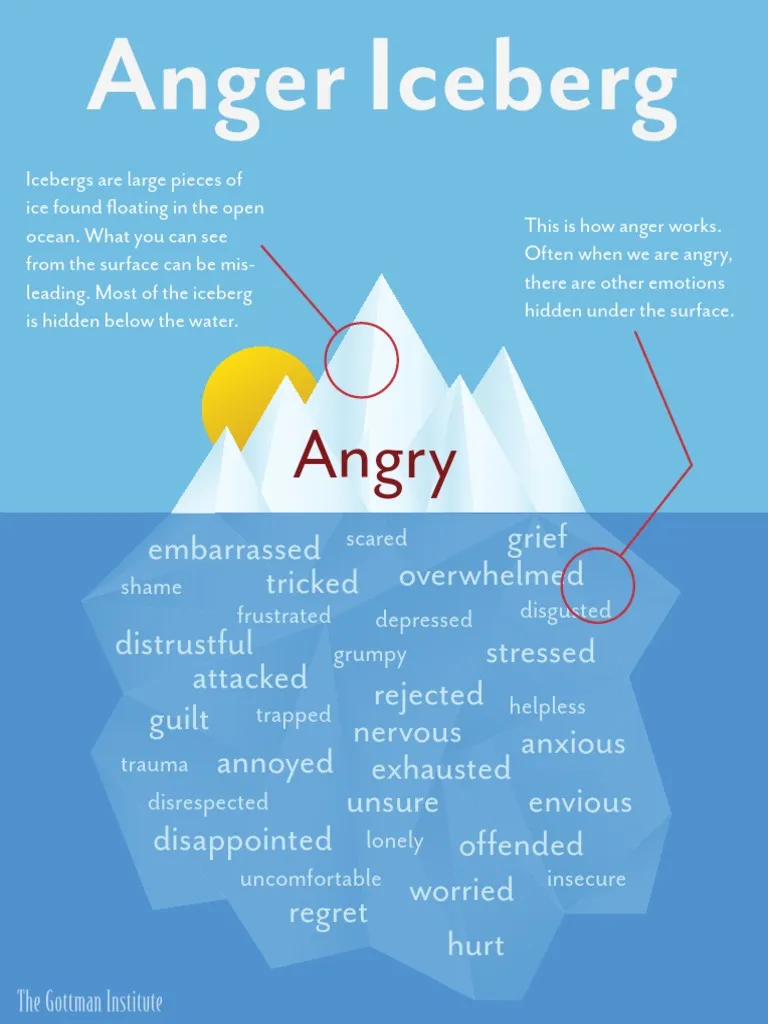Emotional regulation is hard
Anger is a basic human emotion and a normal adaptive response to threats. But it can be destructive to our health and relationships if we don’t know how to manage it effectively, especially in a partnership. Most of us have not had good models of healthy emotional regulation, but it’s never too late to learn a few strategies that will make a big difference.
Flipping our lids
Dr. Daniel Siegel’s hand model of the brain illustrates what happens neurobiologically when we get angry. We temporarily lose access to our prefrontal cortex, our “thinking brain,” source of emotional regulation and reasoning. In these moments, we “flip our lids” and go into fight, flight, or freeze mode. Some of us shut down and withdraw, while others pursue and get loud. If you are in a relationship, your partner may react in the opposite way you do. Whatever our style, we struggle to stay connected to others, communicate our needs, and problem solve.
So how do we keep our lids from flipping?
Here are three tips.
1. Name it to tame it
Anger is often a secondary emotion that masks more vulnerable feelings underneath it.
Get curious about what might trigger your experience of anger. Is it feeling unappreciated, not heard, misunderstood, invisible, lonely, tired, hungry…?

Identifying the primary emotions under the surface can help us prevent destructive anger and learn how to soothe ourselves and communicate our feelings and needs more effectively.
2. Make it a team effort
You and your partner (or friend or family member) can learn to navigate triggering moments more intentionally and skillfully.
Here are some prompts you can use to explore what each of you experiences when you become reactive and how you would like to respond differently in the future.
Remember to take turns: one person shares (one sentence at a time), while the other listens, mirrors it back (reflects back what they hear word-for-word), and checks “Did I get you?” to make sure they are understanding fully. When the first sender has finished all the prompts, switch roles.
- I tend to “ flip my lid” (get flooded or reactive) when I feel… (choose the adjectives that fit best for you: unappreciated, controlled, unheard, helpless, overwhelmed, disrespected…)
- When this happens I typically react by…
- How I would like to respond instead that would be better for our relationship is…
- Something I could try to help calm my reactivity in those moments is…
- One way you (my partner, friend, family member) could help me feel supported and calmer in those moments is…
- One signal we could use to let each other know when we feel reactive and need support or a break is…
3. Just breathe
If you need some inspiration, listen to the wisdom of the children in the video. They can teach us about the power of mindful breathing to settle our nervous systems when we feel angry or upset. Just breathe.
Learning to manage our strong emotions is challenging. If you would like support in avoiding flipping your lid, reach out to Caroline or one of our Imago Center DC therapists. We are here to support you!

